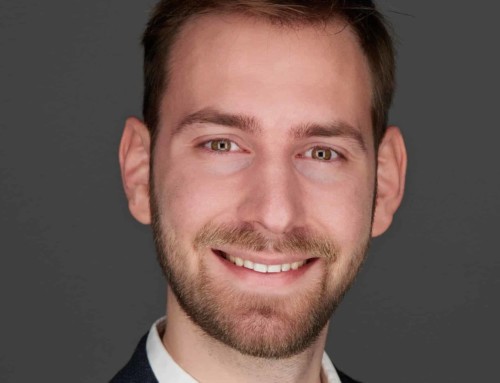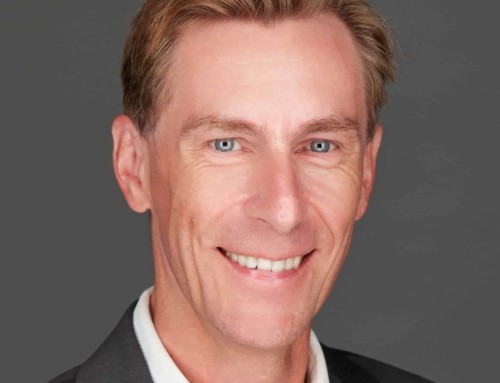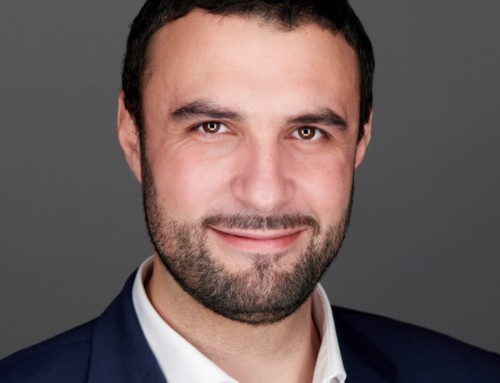We went to meet one of the key figures on the Swiss logistics scene: Professor Philippe Wieser.
Director of the IML since 2000 and teacher at the EPFL and various European and African universities, he is also the author and co-author of some 150 publications and conferences.
A true reference in the field, it is with great pleasure and with his ears wide open that we find him in his office in the Odyssea Tower of the EPFL for our interview with Such Consulting.
Hello Professor Philippe Wieser. More than 10 years ago, I was the student sitting on the benches of your class. I am delighted to be able to share your experience with our readers.
Tell us about your background. Tell us how you once “fell into the Supply Chain pot”.
Trained as a mechanical engineer and after a few years spent in the industry, I joined Prof. Perret at EPFL, who created the IML in 1990. I have been on his side since then and took over the management of this Institute in 2000. Today, some 1200 participants (Lausanne and Paris), representing more than 75 nationalities on the 5 continents, have obtained their diploma (MAS) in “Global Supply Chain Management”. This success has led us to develop a second program in 2016, specific to the pharmaceutical and health sector, a CAS in “Healthcare Supply Chain Management” in collaboration with international pharmaceutical companies.
The Supply Chain has evolved enormously since the creation of the IML in 1990. What do you see as the most significant changes?
One of the most striking elements is the shift from the siloed filed of logistics to the transversal and systemic world of global Supply Chain Management. The development of information systems (IS, IT and technological innovations) has also been a major factor in the success of companies. Even if, today, some still have efforts to make, especially in a world that is becoming increasingly digitalized.
While the field has greatly changed, I suppose the mentality of the generations you’ve seen succeed one another has changed just as much. Can you share some of your experiences?
The mentality of the participants has obviously changed a lot and has adapted to the strategic, tactical, operational and technological changes in companies. Our program has evolved accordingly to anticipate all these technical and logical changes on an ongoing basis.
In your opinion, how does Switzerland position itself in the use, advancement and development of the Supply Chain, given your presence on the European stage?
Switzerland is very well positioned in the evolution and development of the Supply Chain. Many international groups have established their Supply Chain Management in Switzerland and are recruiting talent from our students. Switzerland thus has a major role to play in this area.
As a forecasting specialist, what are your predictions about the evolution of the Supply Chain?
The digitalization of processes (Digital Supply Chain, Industry 4.0, Supply Chain 4.0, …) will be the next big challenge for companies in the short and medium term, and not only for multinationals. All companies and organizations will be impacted, including administrations. Some have understood this challenge and are adapting their strategy and organization. Others are more attentive but will inevitably have to evolve if they want to continue to be present on national and international markets.
On a more personal note, could you tell us about the nature of your next projects?
With two years to go before my retirement, I will hand over the direction to my successor in 2019, with my last mission at IML being to help him or her develop a new formula for our training, which should move from a “full time” version to a “part time” version. New modules will see the light of day, in particular those related to digitalization, new technologies, innovation and sustainable development.
And if you had a closing statement, what would it be?
A word to the companies not to miss the digital turn, and a word to the universities not to miss the accompaniment of the companies to these deep changes by offering to their collaborators an executive training adapted to the evolution of the practices in technological, strategic and human matter.
Thank you for your time Professor Philippe Wieser !




